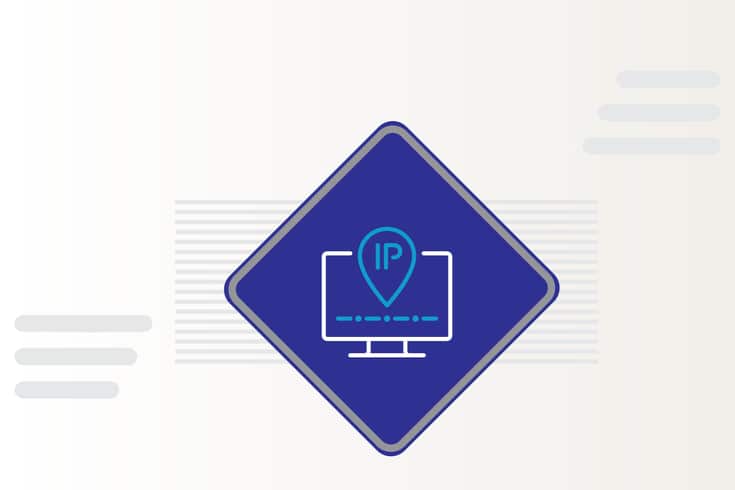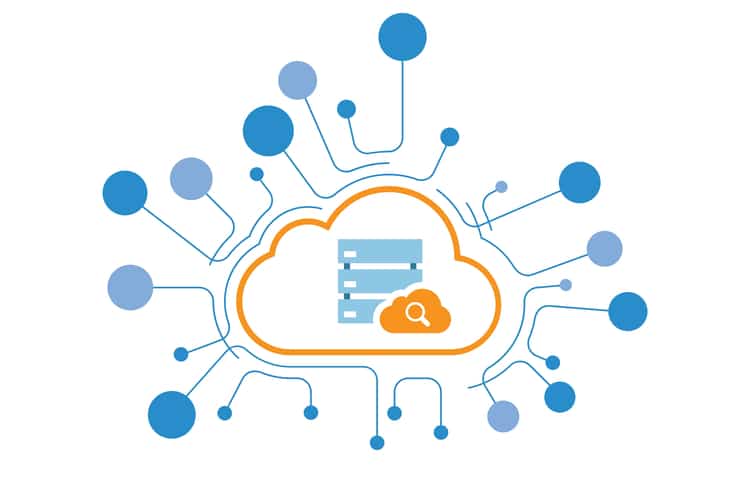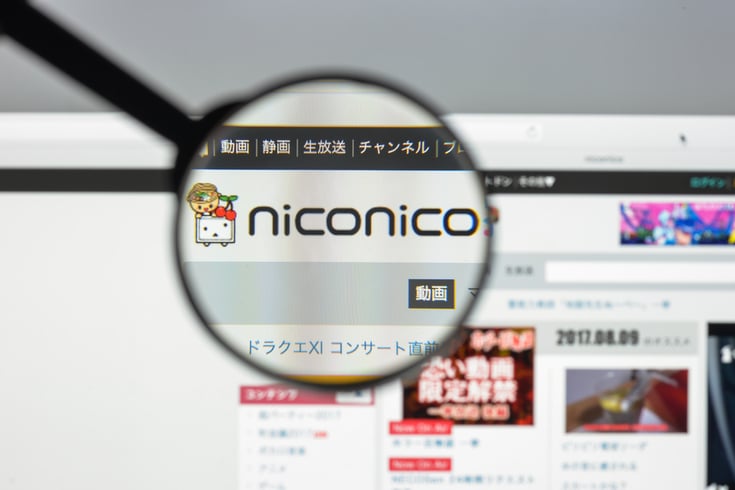Is the Disclosure Request for IP Address Identification Really 'Meaningless'?

“I’ve been defamed on social media,” “I want to find out who the poster on the internet is.”
The procedure required in such cases is to verify the IP address used in the post. The request for disclosure of the IP address is the first step in identifying the person.
However, there are times when it is said that “requesting the disclosure of an IP address is meaningless.” Are there cases where the request for disclosure of an IP address does not work? We will explain the “limitations” of disclosure requests and consider whether “requesting the disclosure of an IP address is meaningless.”
As a premise, there are three main methods for dealing with online defamation.
- Identifying the poster (requesting the disclosure of the IP address, requesting the disclosure of the name and address)
- Deleting the post page
- Measures using IT technology such as reverse SEO
Only lawyers can legally carry out the first and second methods, while the third can also be done by IT companies.
In this article, we will explain the first method, the request for disclosure of the IP address.
IP Addresses Can Be Revealed Through Sender Information Disclosure Requests

An IP address is akin to a “home address” on the internet. Every machine connected to the internet, such as home PCs and smartphones, has its own unique “IP address”.
A sender information disclosure request is a request for information disclosure as stipulated by Article 4, Paragraph 1 of the Japanese Provider Liability Limitation Act. It is a system that allows you to request the disclosure of the address, name, telephone number, etc., of the sender who has made illegal posts such as defamation on the internet, from the operators of bulletin boards, blogs, and providers.
The information subject to disclosure requests is as follows:
- Sender’s name
- Sender’s address
- Sender’s email address
- Sender’s IP address
- Port number combined with the sender’s IP address
- Mobile terminal’s internet connection service user identification number
- User identification code
- SIM card identification number
- Transmission date and time (timestamp)
While an IP address is important information that can help identify an individual, there are cases where even if the IP address is known, identification of the poster would not be accomplished. Let’s discuss the limitations of IP disclosure requests in the following sections.
Limitations of IP Disclosure Requests Case 1: When Server Administrators Do Not Retain IP Logs

We will explain why server administrators may not be storing IP address logs.
Server Administrators Are Not Obligated to Store IP Address Logs
Server administrators are not necessarily required to retain IP addresses. There is no law stating that “when operating a server on the Internet, the poster’s IP address must be stored and made available for disclosure requests.” Therefore, server administrators are not obligated to store IP addresses.
Consequently, even if you request the disclosure of an IP address through a provisional disposition and receive the disclosure, there is a possibility that the server administrator may respond saying “I wanted to disclose the log, but it was not stored.”
However, most servers do store the IP addresses of posters, and there are few cases where it can be definitively said that “requesting the disclosure of an IP address is meaningless” for the reasons mentioned above. The retention period for IP address information varies depending on the server administrator, but generally, it is about 3 to 6 months from the time of posting.
There Are Cases Where IP Address Logs Are Deleted Upon Post Deletion
A similar issue is that in bulletin boards and the like, if a post is deleted first, the IP address log related to that post may also be deleted. This can be anticipated and avoided by a lawyer with extensive knowledge of each site’s know-how.
Limitations of IP Disclosure Requests Case Study ②: IP Addresses via Overseas Proxies

If the IP address disclosed in an IP disclosure request is via an overseas proxy or similar, it becomes impossible to track.
If the disclosed IP address is from a domestic Internet Service Provider (ISP) or mobile carrier, such as Nifty or Docomo, you would make a disclosure request to the domestic corporations, Nifty Corporation or NTT Docomo Corporation, to disclose the name and address of the contract holder who used the particular IP address.
On the other hand, if it is via an overseas proxy server or similar, you cannot conduct a lawsuit against the said overseas proxy server, etc. in a Japanese court. It would result in a “tracking failure”.
However, for example, 5chan (a Japanese online forum) blocks posts via overseas proxy servers, which are often misused for anonymization, as much as possible from the start.
In other words, posts via overseas proxy servers are very rare in the first place, and it seems that it does not mean that “disclosure requests are meaningless” even in this case.
Limitations of IP Disclosure Requests Case Study ③: When ISPs Do Not Retain IP Address Logs

We will explain the reasons why ISPs do not retain IP address logs.
Mobile Carrier Logs Disappear After About 3 Months
When an IP address disclosure is received, it becomes clear which ISP or mobile carrier the post in question was made from. In other words, until the disclosure is received, it is not known whether the post was made via a fixed line (ISP) or a mobile network (mobile carrier).
In the case of mobile carriers, there is a limitation that “mobile carriers only retain communication logs for about 3 months”. Therefore, even if you receive an IP address disclosure, if the post was made via a mobile carrier’s line and more than 3 months have already passed since the post, you have no choice but to give up tracking technically.
However, if an experienced lawyer handles the process promptly, it is possible to realize an IP address disclosure request in about 1 to 1.5 months at the longest. Therefore, if you make an IP address disclosure request for a post that has not been posted for a long time, you can receive the disclosure of the IP address within the above log retention period.
Furthermore, mobile carriers often comply with requests to preserve the log without deleting it, if they are told in advance that a lawsuit seeking disclosure of the name and address is about to be filed.
For fixed lines, although there is a problem with the log retention period, logs are left for about 12 months.
Defamation via Mobile Carrier Lines is Surprisingly Rare
In cases where a large number of defamatory posts are made on a bulletin board, for example, you may not need to worry too much about logs not being retained.
This is because, in the case of “browsing the Internet on a smartphone via a home Wi-Fi network (and making a defamatory post on a bulletin board)”,
- The connecting device is a smartphone,
- but the connecting line is a fixed line.
Cases where “all of a certain number of defamatory posts for which an IP address disclosure request was made were via mobile lines” are rather rare.
Limitations of IP Disclosure Requests Case Study ④: Posts from Internet Cafes

When the ISP (Internet Service Provider) is identified, you would request the disclosure of the name and address of the ISP in court. If you win the case, the name and address will be disclosed. However, what is disclosed here is strictly the ‘name and address of the line subscriber’.
In cases of posts via internet cafes, the name and address of the operator of the internet cafe will be disclosed. In many cases, internet cafes do not keep logs of ‘who connected to which site at what time’.
Therefore, even if it is known that ‘the post was made from this internet cafe’, it is not known ‘who made the post’.
However, recently, personal identification is conducted with a driver’s license or insurance card when entering an internet cafe. If it is possible to identify the person who used the internet cafe at the time of the post or the terminal that made the post through the check at the time of entry, it may be possible to identify who made the post by obtaining the user’s information through the lawyer’s association inquiry system.
Also, in internet cafes, each terminal is assigned a separate IP address, and it may be possible to identify it.
Limitations of IP Disclosure Requests Case Study ⑤: Posts Using Public Wi-Fi

When posts are made on the internet using public Wi-Fi services such as free Wi-Fi, the subscriber of the internet line is the facility providing the wireless LAN connection service. Therefore, even if a disclosure request is made, what will be identified is the IP address of these facilities.
Consequently, even if information disclosure is sought based on that IP address, it is not possible to disclose the personal information of the actual poster.
However, for instance, in cases recognized as criminal incidents where police investigations are conducted, it is possible to identify individuals through footage from security cameras. Just like in internet cafes, it is not always impossible to identify individuals.
Conclusion: Requesting IP Address Disclosure is Not ‘Meaningless’
As such, just because the identification of a poster starting from an IP disclosure request is recognized in court, it does not mean that you can always trace it 100%. However, it would be wrong to conclude that “requesting IP disclosure is meaningless”. Many of the above examples are “very rare”, and with the help of experts, it is generally possible to identify IP addresses with a relatively high probability.
Our firm has been successful in identifying posters from various sites, such as Twitter and Instagram, bulletin boards like 2chan and 5chan, and other various sites.
If you are in trouble, please do not hesitate to consult with our attorneys.
Category: Internet





















